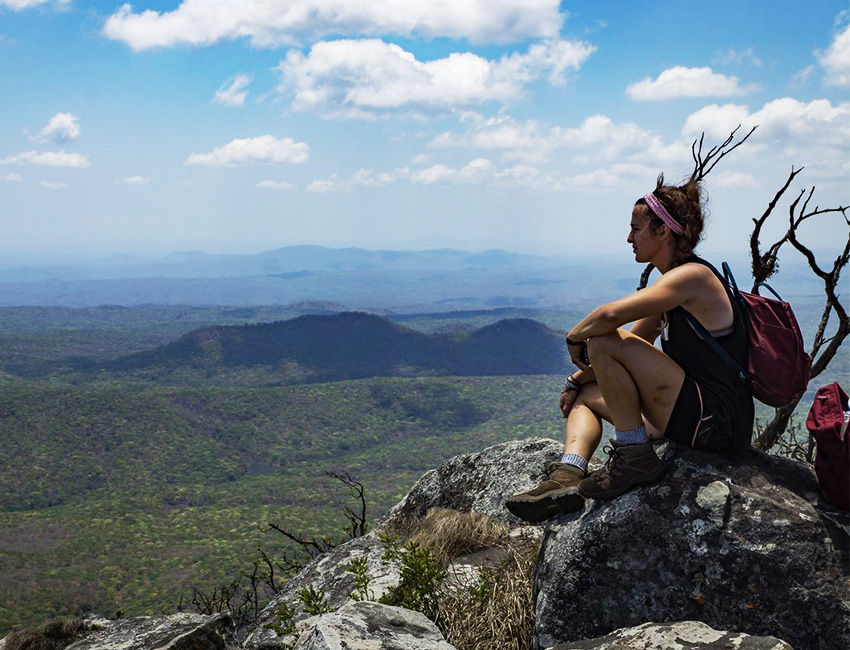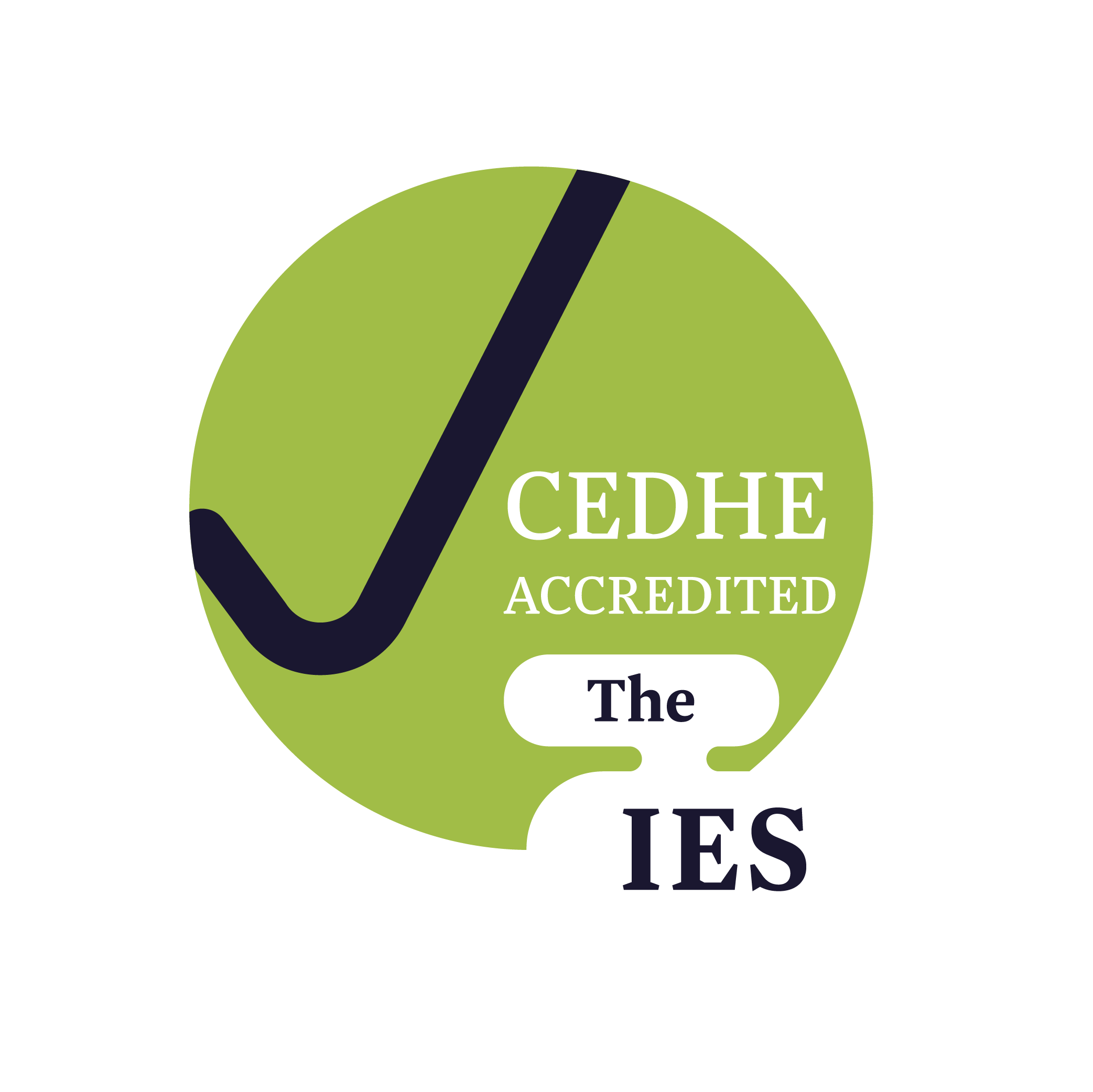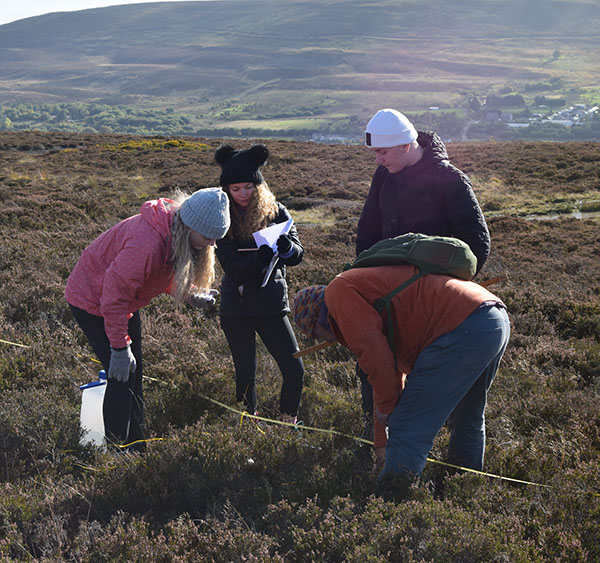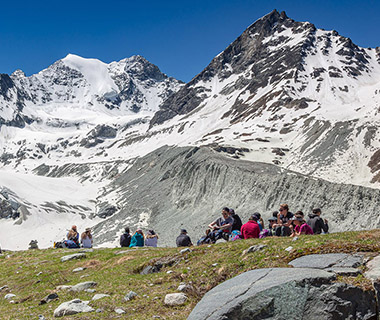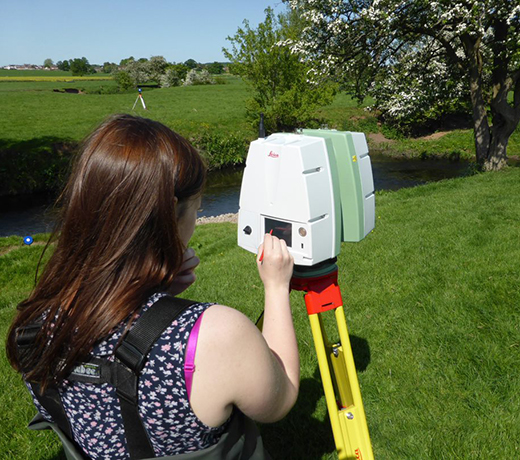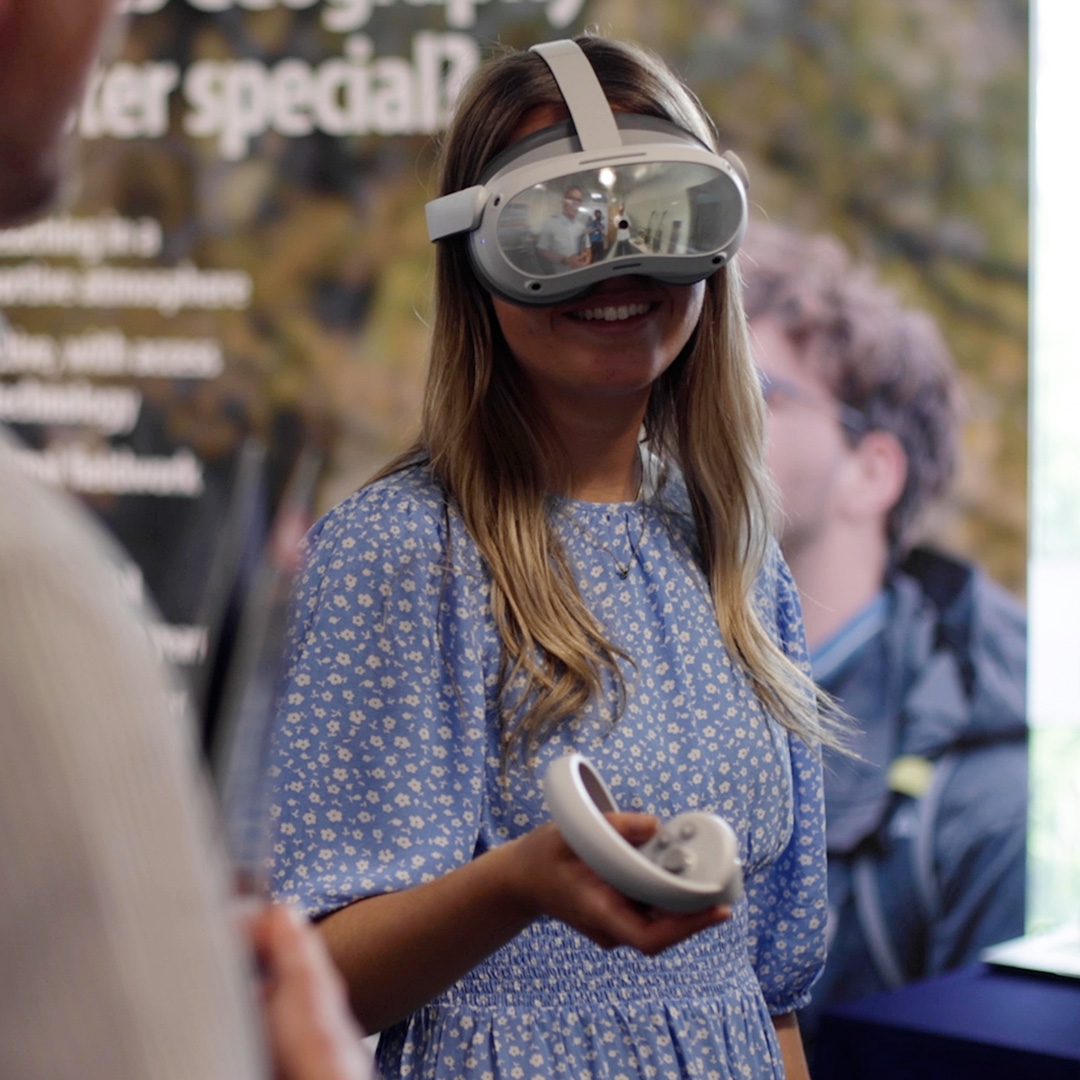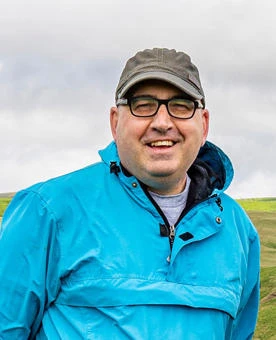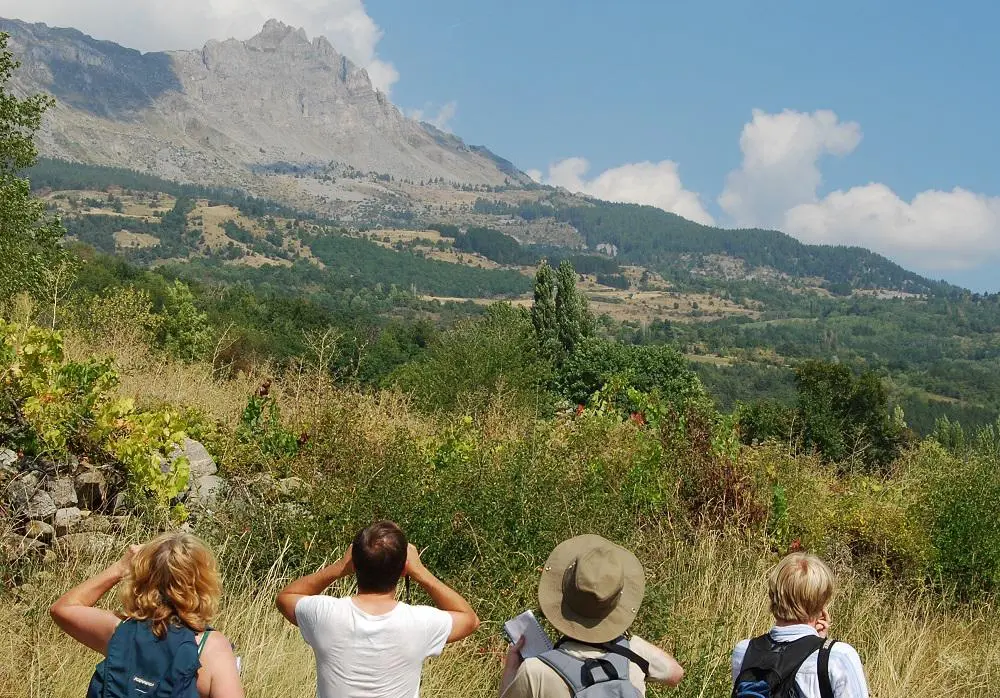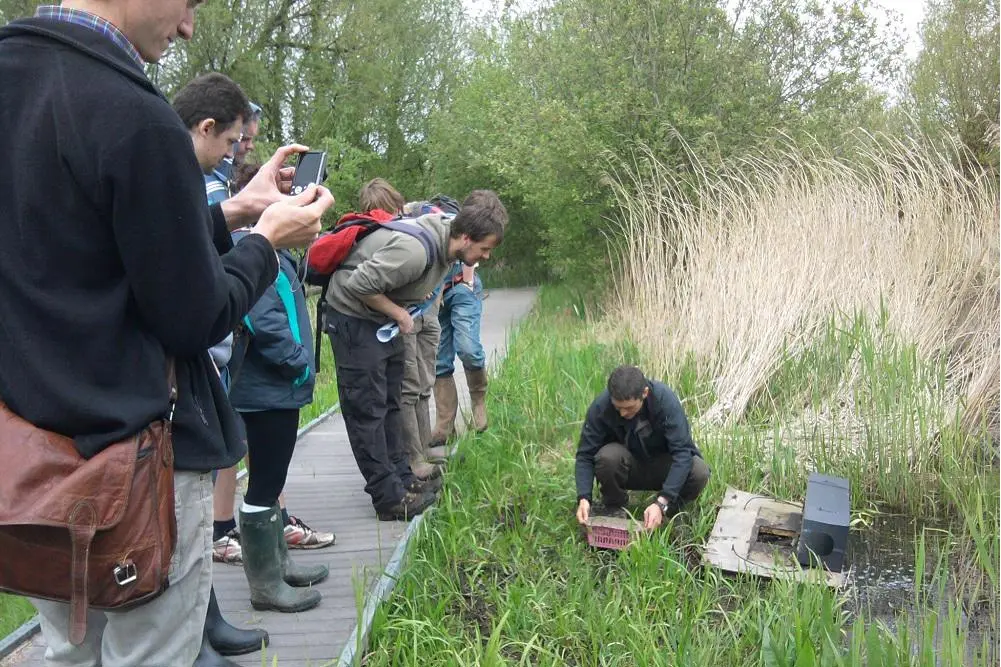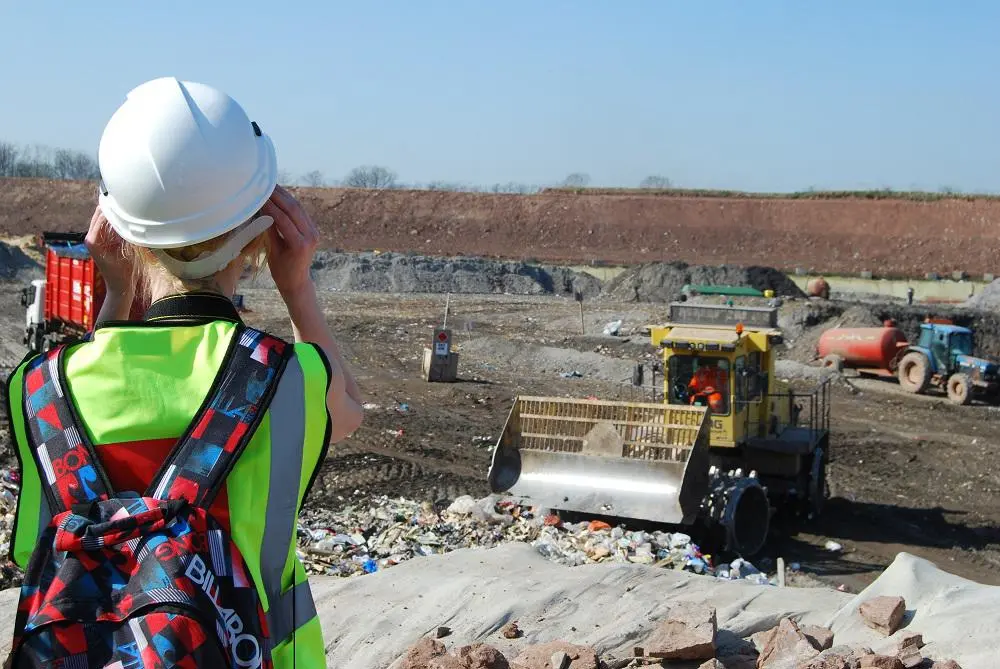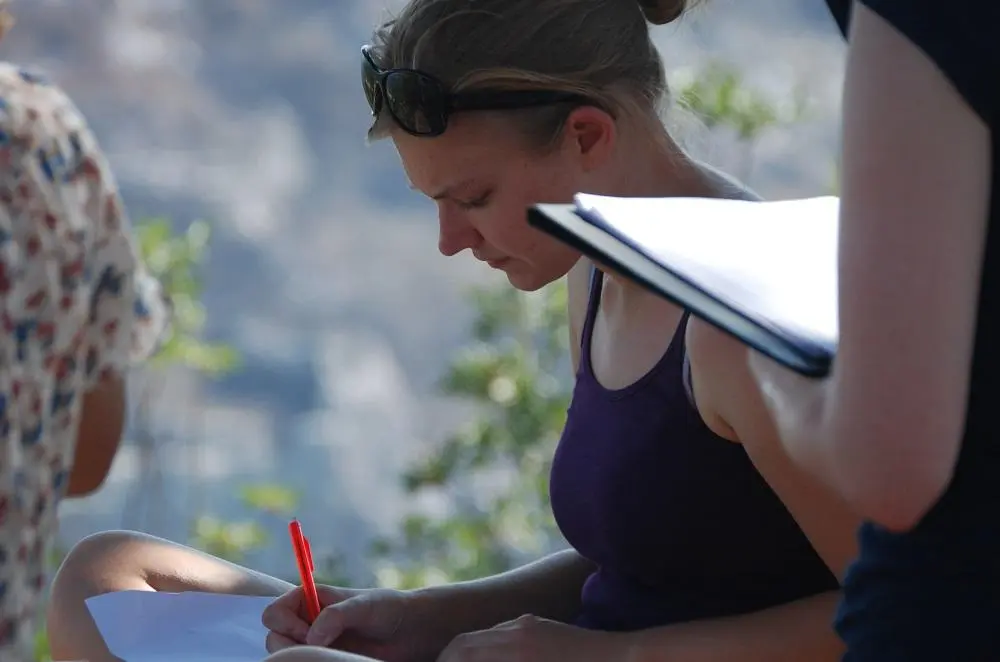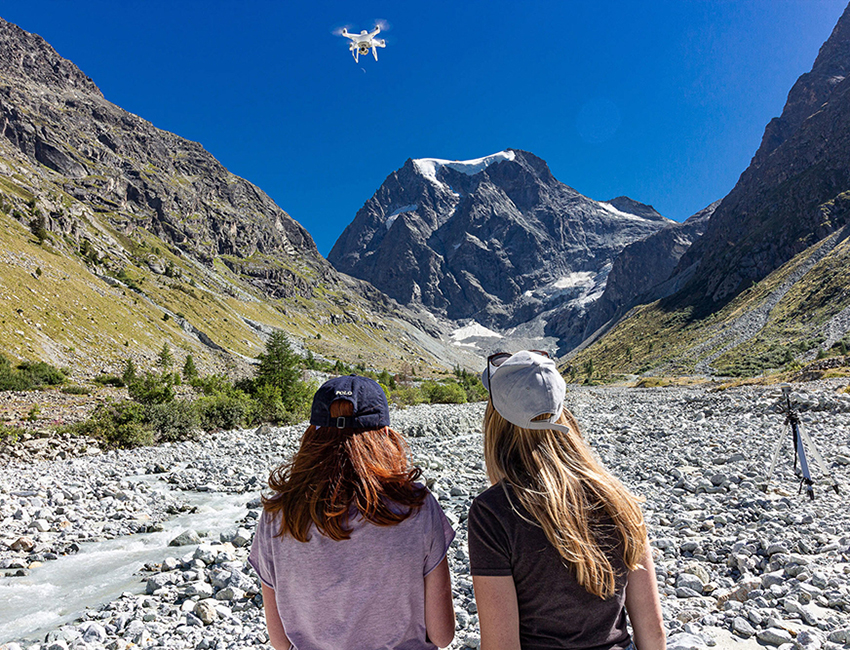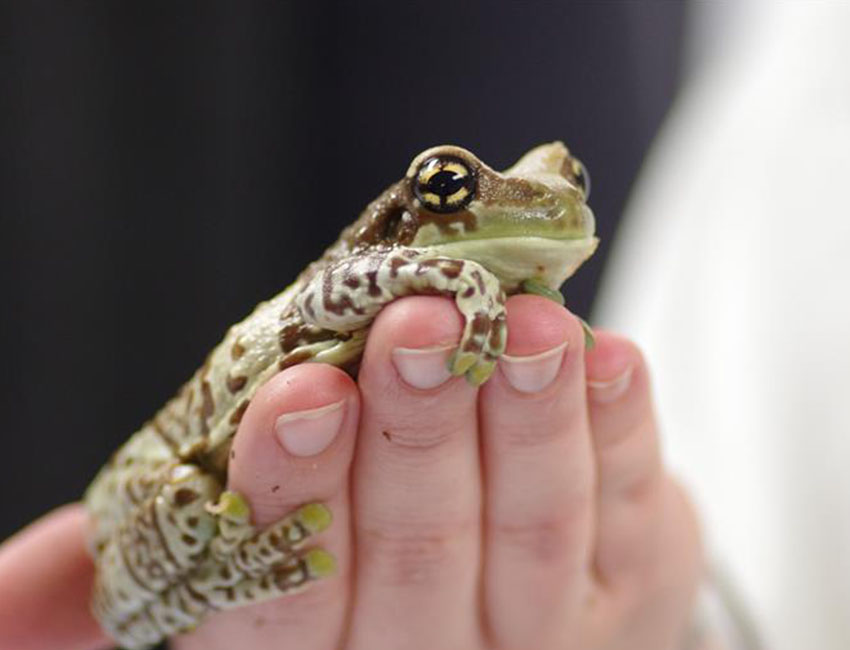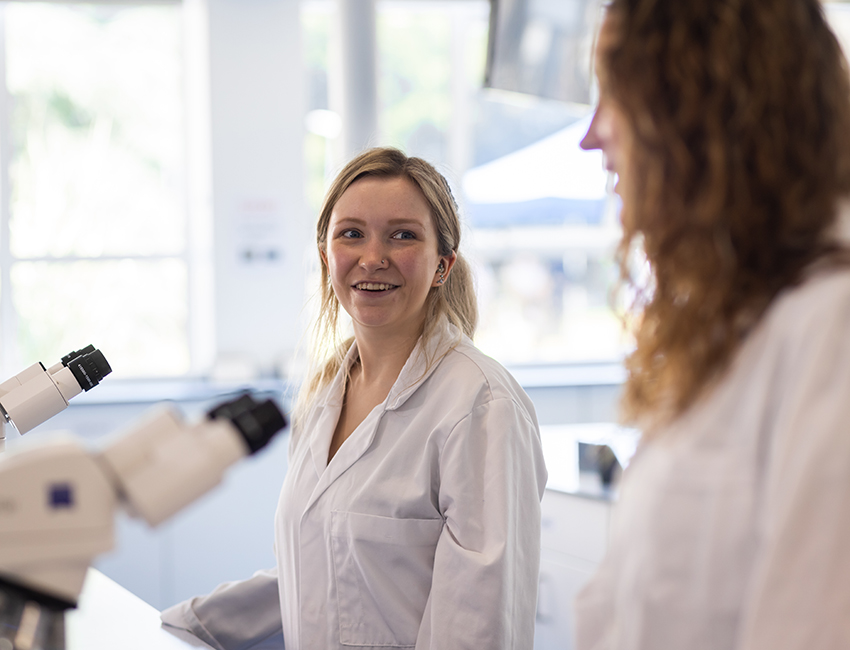With engaging classroom sessions and insightful range of field trips, our graduates are known by employers for their knowledge of environmental issues as well as their research, organisation and project management skills.
university for environmental sustainability
of students go on to work and/or study 15 months after graduating
This means you can students can apply for free Student Membership, starting your journey in becoming a Chartered Environmentalist or Chartered Scientist.
University of the Year finalist
Recognised for our graduate success, we’re shortlisted for University of the Year in the Times Higher Education Awards 2025.
Overview
Nature is in crisis at a global scale, and we can all make a difference to transform the world into a greener place. By learning how to assess, interpret and manage the environment, you can play your part in reducing the human impact on ecosystems.
During this course, you’ll gain valuable fieldwork experience and be confident with using industry-standard equipment and software. You may use our drones to sample and map air pollution, utilise our large environmental chamber to analyse pollutants, undertake river and soil sampling and analysis and use trail cameras to evaluate mammal populations.
Our career-based assessment methods also compliment your field trip experiences. These include research reports, science reports, restoration plans and case study evaluations, which’ll prepare you for work in the environmental industry.
There’s plenty of opportunities to make new friends. You’ll peer review each other’s work, travel together for field trips and get to join the societies which interest you.
By taking this course, you’ll become an advocate for sustainable practices, moving us towards a responsible and healthier use of Earth’s precious resources.
Discover more in our course brochure.
Placements
After successfully completing your second year, you will have the opportunity to take a professional placement year. This opportunity will demonstrate work-related experiences to potential employers. Previous students have worked in environmental consultancy, working in environmental management and sustainability roles for a company/organisation or gained experience in environmental laboratories.
Fieldwork
Our course includes fully-funded residential fields trips, so you can investigate other environments and cultures. Students have recently explored the environmental impact of historic mining activities in the Brecon Beacons as well as biodiversity conservation and the impact of wildfires in Provence (France).
We also make the most of the region around us. Worcester, on the banks of the River Severn, is the perfect base for fieldwork, with easy access to a diverse range of urban and rural settings, including the Malverns, the Cotswolds, and Birmingham.
Discover our course
Course content
On this accredited course you’ll study the theory behind environmental management and sustainability and get the opportunity to apply this learning on various fieldtrips or scenarios in virtual reality.
We regularly review our courses to reflect the latest research and developments in the subject area, as well as feedback from students, employers and the wider sector. As a result, modules may change to ensure the course remains current and relevant. Modules are mapped to the United Nations Sustainable Development Goals.
Optional modules will run if enough students choose to study them. It is not guaranteed that all modules will be offered every year.
Optional modules
Careers
The Environmental Management & Sustainability course will prepare you for a broad range of rewarding careers, including environmental consultancy, environmental managers, roles in local government (e.g. environmental services, town and country planning, climate change development officers) and environmental analysis laboratories.
Students have gone on to be employed at:
- The Environment Agency
- Severn Trent Water
- AECOM
- Wildlife Trusts
- PJA Civil Engineering Ltd
Graduates not wanting to go directly into employment will also have the opportunity to gain further qualifications, on courses such as our Environmental Studies/Science MPhil/PhD.
Course highlights
Teaching and Assessment
Our course has been designed by researchers and industry specialists to prepare you for a career in environmental management and sustainability. So our teaching is a combination of practical field work, seminars, lectures and 1-1 tutorials.
With regular meetings with your academic tutor, you will also be able to reflect on progress and build up a profile of skills, achievements and experiences that will enhance your employability.
Teaching and assessment contents
You will be taught through a combination of lectures, field trips, site visits, and laboratory practicals. Furthermore, due to our excellent contacts in the environmental sector, you will also have guest lectures from industry experts.
At the University of Worcester, you will receive essential training in a variety of field and laboratory techniques using state-of-the-art equipment and facilities. Continuing technological advances means the discipline rapidly changes, and at Worcester, due to our impressive research profile you will be trained in highly advanced and cutting-edge techniques.
In the second year of your course, you have the option to study abroad for a semester at a university either in Europe or further afield. Previous students have studied at American, Australian, Canadian, and Spanish universities. Other destinations are also available! On successful completion of your second year of study you can also choose to take a Professional Placement Year with a relevant organisation.
Meet the team
You will be taught by university lecturers carrying out internationally recognised research to address environmental issues. You can view our staff list.
Here are a few members of the department who currently teach on this course:
Entry requirements
UCAS tariff points required: 112
| Qualification | Grade |
|---|---|
| A-level | BBC |
| BTEC National Extended Diploma | DMM |
| T-level | Merit |
We do accept Access to HE Diplomas and other qualifications which may not exactly match the combinations above. Work out your estimated points with the UCAS tariff calculator.
Any questions?
If you have any questions about entry requirements, please call our Admissions Office on 01905 855111 or email admissions@worc.ac.uk.
Fees
Fees contents
UK and EU students
In 2026/27 the standard fee for full-time home and EU undergraduate students on BA/BSc/LLB degrees and FdA/FdSc degrees is £9,790 per year.
Tuition fees are reviewed annually and may increase each year for both new and continuing students.
For more details on course fees, please visit our course fees page.
International students
In 2026/27 the standard tuition fee for full-time international students enrolling on BA/BSc/LLB degrees and FdA/FdSc degrees is £17,200 per year.
Tuition fees are reviewed annually and may increase each year for both new and continuing students.
For more details on course fees, please visit our course fees page.
How to apply
How to apply contents
Full-time applications
Applying through UCAS
UCAS is the central organisation through which applications are processed for full-time undergraduate courses in the UK.
Read our how to apply pages for more information on the application process, or if you’d like to apply for part-time study.
Environmental Management and Sustainability - F850
Environmental Management and Sustainability - F852
Apply for Environmental Management and SustainabilityApply for Environmental Management and Sustainability (with Professional Placement Year)Contact
If you have any questions, please get in touch. We're here to help you every step of the way.
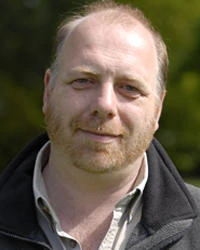
Admissions Office
admissions@worc.ac.uk01905 855111More to explore
Open Days
Visiting us is the best way to get a feel for student life at the University of Worcester.

The City of Worcester
Worcester is a welcoming university city with great transport links and plenty of student parking.

Accommodation
Benefit from our accommodation guarantee. We have rooms on campus to suit every budget including en-suite options.

